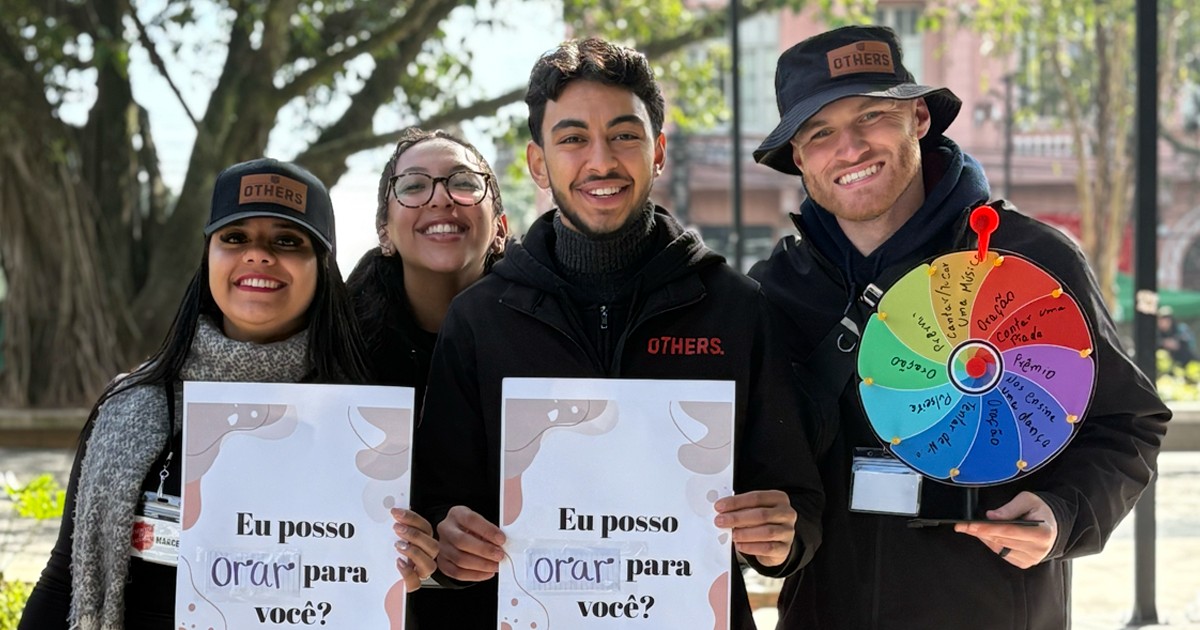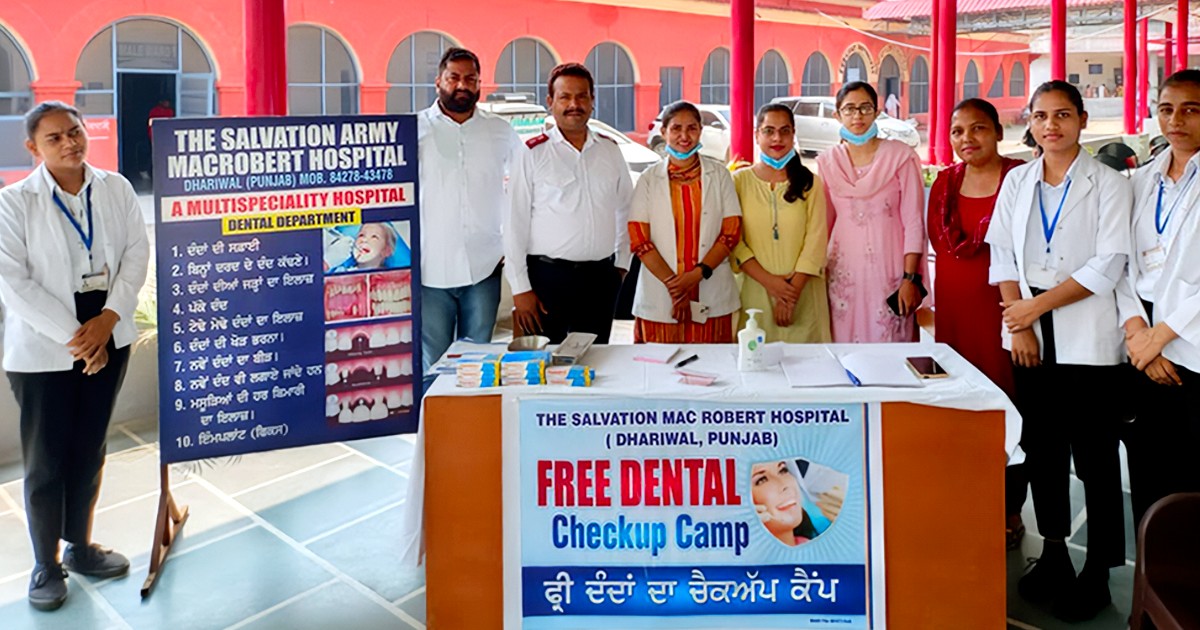In February, the Supreme Court of Canada struck down the Criminal Code provisions against euthanasia and physician-assisted suicide in the case of Carter vs. Canada. In its ruling, the court said that the “prohibition on physician-assisted dying infringes on the right to life, liberty and security of the person in a manner that is not in accordance with the principles of fundamental justice.”
The court has given the federal government a year to craft legislation to govern this ground-breaking practice.
In the meantime, there are many questions about how this ruling will be applied. For example, what criteria need to be met before a person can choose to end his or her life? Can physicians refuse to write a lethal prescription if it presents a religious or philosophical tension for them? Will health-care centres funded by the provincial government, especially those operated by religious organizations, be forced to permit assisted suicide in their facilities?
These questions are especially pertinent for The Salvation Army since we operate a number of health-care facilities, many of which deal exclusively with infirm or elderly people. Our current position statement says, “The Salvation Army believes that euthanasia and assisted suicide are morally wrong, and holds that they should continue to be illegal under Canadian law.” How will we deal with the repercussions if the new legislation compromises our organizational beliefs?
For us to answer the question of “how?” we must first deal with the question of “why?” Why is our position statement so unambiguous, even though 84 percent of Canadians agree with the recent ruling (according to a recent Ipsos-Reid poll)? Why do we believe that assisted suicide and euthanasia are wrong? I've asked a number of people this question recently, but the responses reveal glaring inconsistencies.
Some say the reason we cannot support this practice is because it would be “playing God.” But we allow the health-care system and professionals to do this all the time if it means keeping us alive.
If I really believed there should be no medical intervention in my life, I wouldn't have started taking insulin injections for my diabetes 23 years ago, and I would be dead by now. So that response, on its own, is flawed.
Others will say that our current position is part of an overall “pro-life” philosophy. In other words, we can and should intervene when it means prolonging life because we believe life is sacred and a gift. However, every day good Christian people make heart-breaking decisions not to prolong their lives any longer when they know there is no cure for their illness, either by refusing therapy or not taking medications. In fact, at the hospice where I serve, we do not accept anyone for residency unless they have signed a DNR (do not resuscitate). So, prolonging life is not always promoted in the Army.
Before we speak to the Army's position, perhaps we should consider why some people agree with the Supreme Court's decision. British Columbia has been at the forefront of this struggle for the right to die. I have heard the arguments first hand. For many, having this right is the most natural and compassionate approach to the end of life. Others argue that making such a practice criminal is an infringement upon our right to make our own choices.
A reflex response from Christians is often that we should be more concerned about what God or the Bible says, rather than clamouring for our rights. Unfortunately, the Bible doesn't specifically deal with this dilemma and the evangelical churches in North America often advocate for personal rights and freedoms when it suits them. Again, I observe inconsistencies.
The issue is not an easy one. Working in a hospice, I have seen the use of advanced medical technologies that allow terminal patients to live their remaining days in as much comfort as possible. So I am reticent to agree wholeheartedly with the court ruling. But I have also met residents who have been in such misery that they would choose assisted suicide if they could. Can I accept that others might have a different opinion than I do and support them in their choice? Is that a tension I can live with in the long term? Can The Salvation Army? What do you think?
We value respectful discussion on this subject. Join us on salvationist.ca to continue the debate.
Major Juan Burry is the executive director of Rotary Hospice House in Richmond, B.C.
The court has given the federal government a year to craft legislation to govern this ground-breaking practice.
In the meantime, there are many questions about how this ruling will be applied. For example, what criteria need to be met before a person can choose to end his or her life? Can physicians refuse to write a lethal prescription if it presents a religious or philosophical tension for them? Will health-care centres funded by the provincial government, especially those operated by religious organizations, be forced to permit assisted suicide in their facilities?
These questions are especially pertinent for The Salvation Army since we operate a number of health-care facilities, many of which deal exclusively with infirm or elderly people. Our current position statement says, “The Salvation Army believes that euthanasia and assisted suicide are morally wrong, and holds that they should continue to be illegal under Canadian law.” How will we deal with the repercussions if the new legislation compromises our organizational beliefs?
For us to answer the question of “how?” we must first deal with the question of “why?” Why is our position statement so unambiguous, even though 84 percent of Canadians agree with the recent ruling (according to a recent Ipsos-Reid poll)? Why do we believe that assisted suicide and euthanasia are wrong? I've asked a number of people this question recently, but the responses reveal glaring inconsistencies.
Some say the reason we cannot support this practice is because it would be “playing God.” But we allow the health-care system and professionals to do this all the time if it means keeping us alive.
If I really believed there should be no medical intervention in my life, I wouldn't have started taking insulin injections for my diabetes 23 years ago, and I would be dead by now. So that response, on its own, is flawed.
Others will say that our current position is part of an overall “pro-life” philosophy. In other words, we can and should intervene when it means prolonging life because we believe life is sacred and a gift. However, every day good Christian people make heart-breaking decisions not to prolong their lives any longer when they know there is no cure for their illness, either by refusing therapy or not taking medications. In fact, at the hospice where I serve, we do not accept anyone for residency unless they have signed a DNR (do not resuscitate). So, prolonging life is not always promoted in the Army.
Before we speak to the Army's position, perhaps we should consider why some people agree with the Supreme Court's decision. British Columbia has been at the forefront of this struggle for the right to die. I have heard the arguments first hand. For many, having this right is the most natural and compassionate approach to the end of life. Others argue that making such a practice criminal is an infringement upon our right to make our own choices.
A reflex response from Christians is often that we should be more concerned about what God or the Bible says, rather than clamouring for our rights. Unfortunately, the Bible doesn't specifically deal with this dilemma and the evangelical churches in North America often advocate for personal rights and freedoms when it suits them. Again, I observe inconsistencies.
The issue is not an easy one. Working in a hospice, I have seen the use of advanced medical technologies that allow terminal patients to live their remaining days in as much comfort as possible. So I am reticent to agree wholeheartedly with the court ruling. But I have also met residents who have been in such misery that they would choose assisted suicide if they could. Can I accept that others might have a different opinion than I do and support them in their choice? Is that a tension I can live with in the long term? Can The Salvation Army? What do you think?
We value respectful discussion on this subject. Join us on salvationist.ca to continue the debate.
Major Juan Burry is the executive director of Rotary Hospice House in Richmond, B.C.










There is some evidence that such a thing is happening in the Netherlands today. That is why euthanasia should never be legalised. Because it does open a door to a slippery slope and one would have to be a fool to deny that